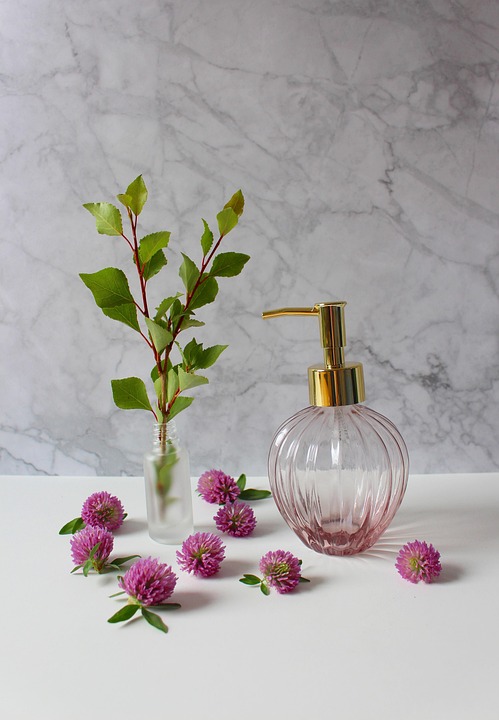Private Label Growth in Natural Beauty and Bath Products
The natural beauty and bath products industry has been experiencing significant growth in recent years, with a particular focus on private label offerings. Private label products are those that are manufactured by one company but sold under another company’s brand. This trend has been driven by consumers’ increasing demand for natural and organic products, as well as the desire for unique and customizable options.
Industry Insights
According to market research firm Mintel, the natural beauty and personal care market is expected to reach $22 billion by 2024, with private label products accounting for a significant portion of that growth. Retailers are increasingly turning to private label brands to differentiate themselves in a crowded marketplace and offer customers exclusive products that can’t be found elsewhere.
One of the key advantages of private label products is the ability for retailers to control the entire product development process, from formulation to packaging. This allows them to create products that are tailored to their specific customer base and meet their unique needs and preferences. Additionally, private label products often come at a lower price point than branded products, making them an attractive option for budget-conscious consumers.
Financial Data
Several major retailers have reported strong growth in their private label beauty and bath product lines. For example, Target’s private label brand, “Smartly,” has seen double-digit growth since its launch in 2018. The brand offers a range of affordable and sustainable personal care products, including body wash, shampoo, and hand soap. Similarly, Walmart’s private label beauty brand, “Equate,” has also experienced significant growth, with sales increasing by 20% in the past year.
In addition to traditional retailers, online beauty and personal care brands have also been capitalizing on the private label trend. Companies like Amazon and Ulta Beauty have launched their own private label beauty lines, offering customers a wide range of natural and organic products at competitive prices. These brands have been successful in attracting a loyal customer base and driving sales growth in the beauty and personal care category.
Key Trends
One of the key trends driving the growth of private label beauty and bath products is the increasing consumer demand for clean and sustainable products. Customers are becoming more conscious of the ingredients in their personal care products and are seeking out natural and organic alternatives. Private label brands have been quick to respond to this trend, offering products that are free from harmful chemicals and environmentally friendly packaging.
Another trend in the private label beauty industry is the rise of customizable products. Customers are looking for personalized solutions that cater to their individual needs and preferences. Private label brands have been introducing customizable options, such as mix-and-match skincare sets and personalized fragrance blends, to meet this demand. This allows retailers to offer a unique and differentiated product assortment that sets them apart from competitors.
Conclusion
In conclusion, the growth of private label beauty and bath products continues to be a driving force in the natural beauty and personal care industry. Retailers are leveraging private label offerings to differentiate themselves, meet consumer demand for clean and sustainable products, and offer customizable solutions to their customers. With strong financial data and industry insights supporting this trend, it is clear that private label products will continue to play a significant role in the future of the beauty and personal care market.




